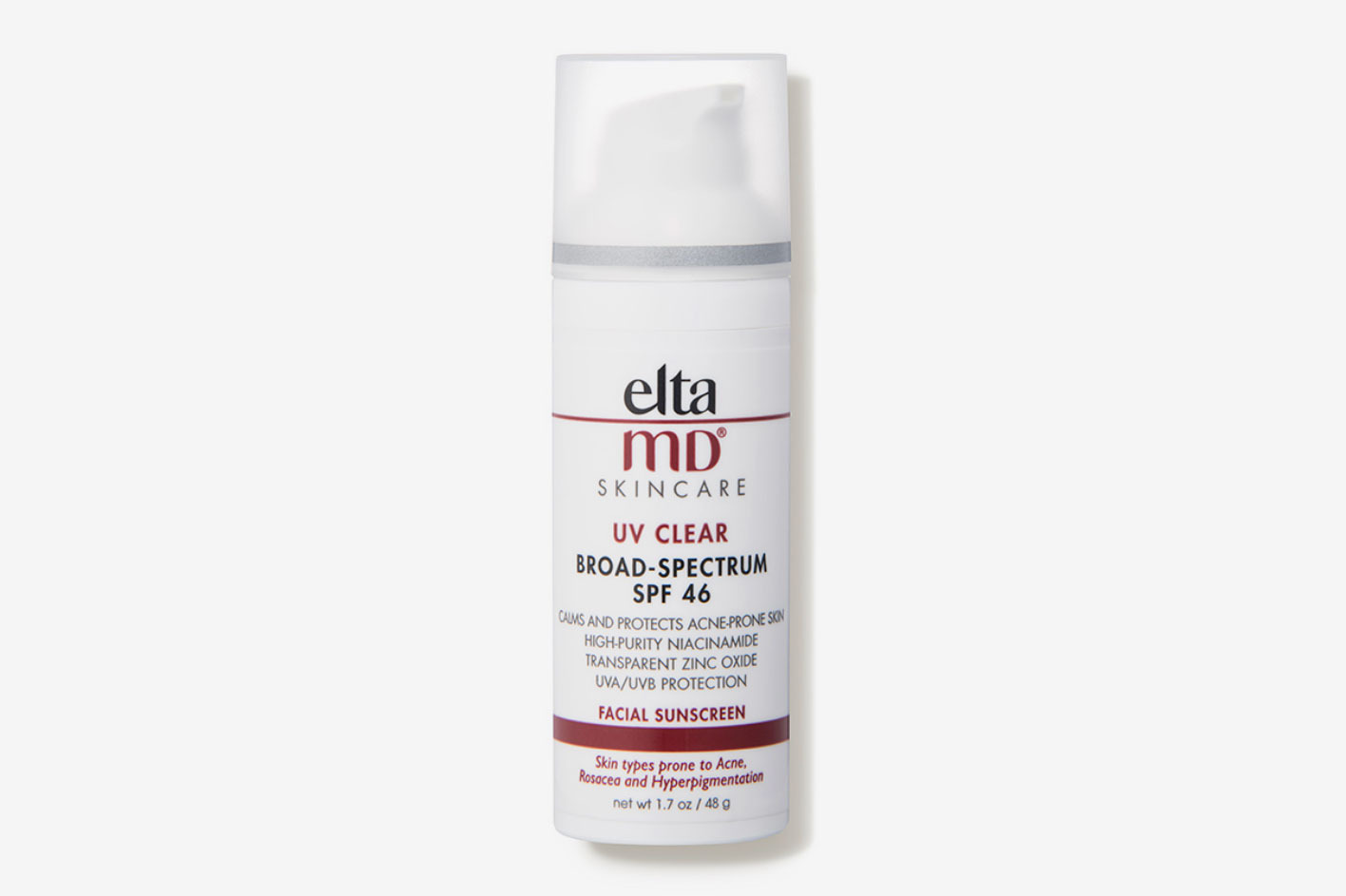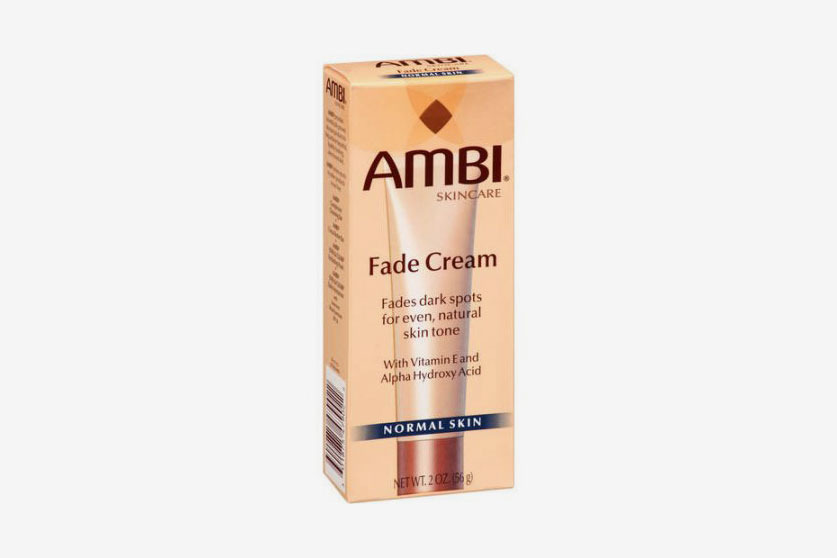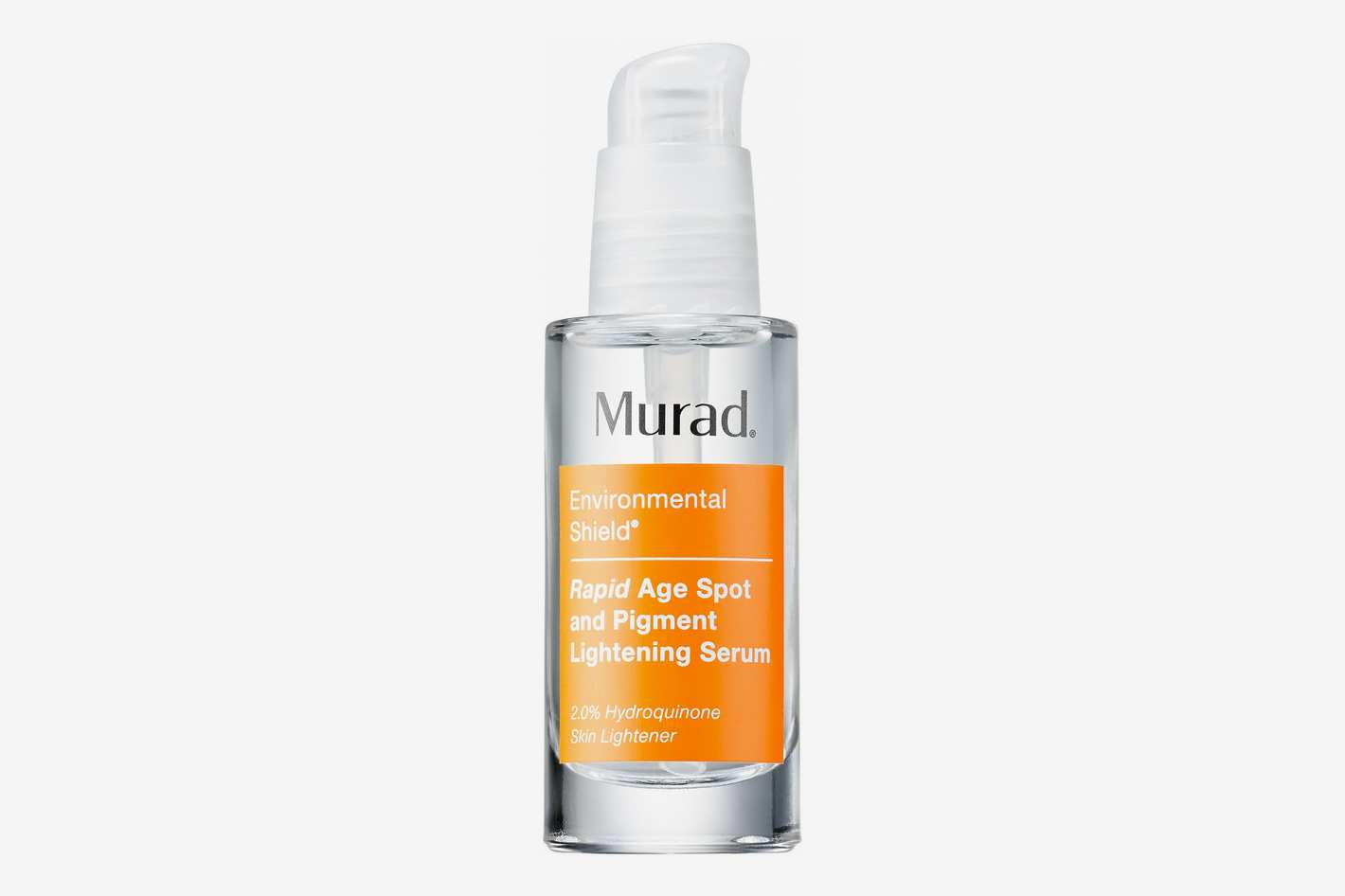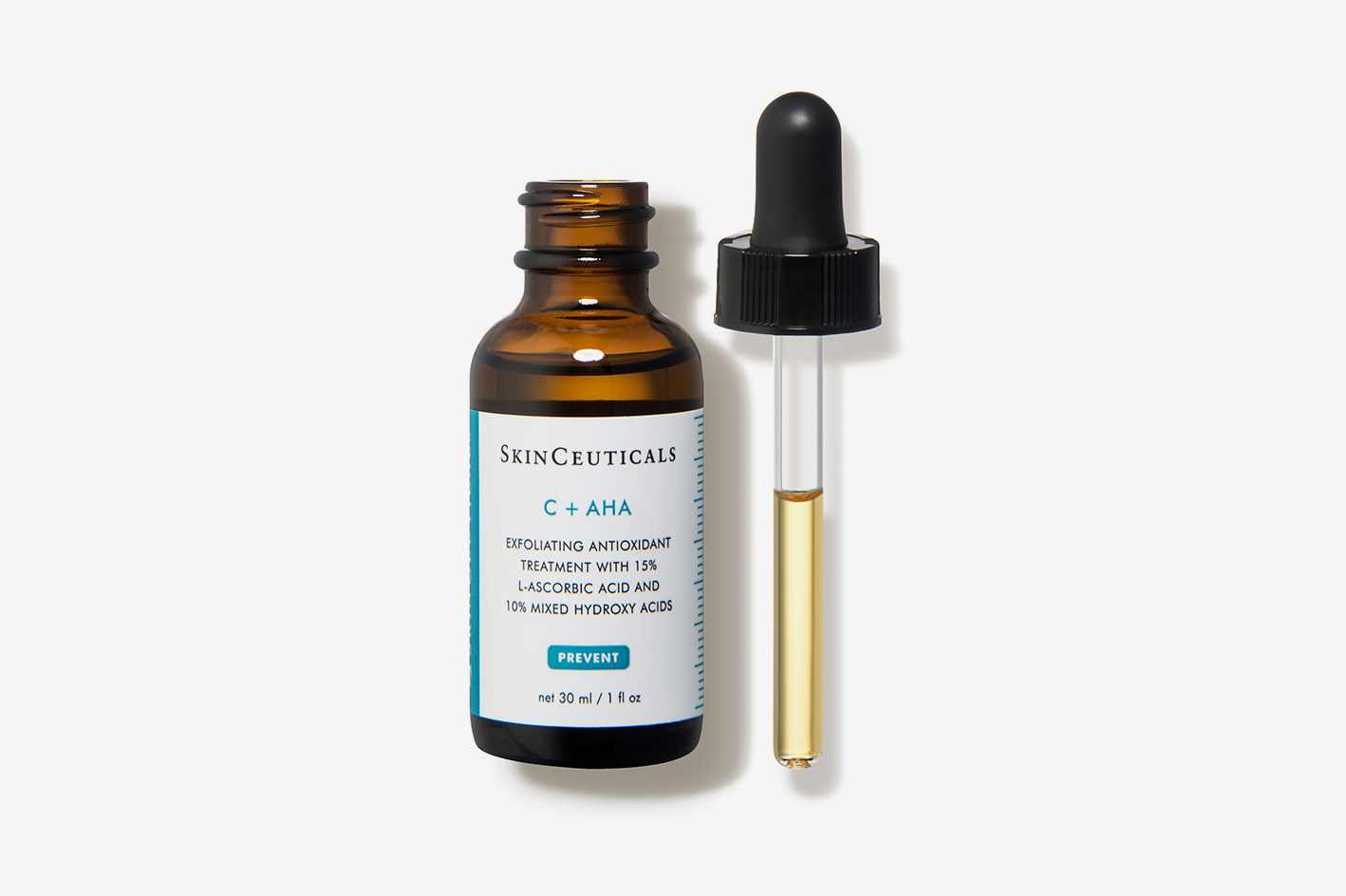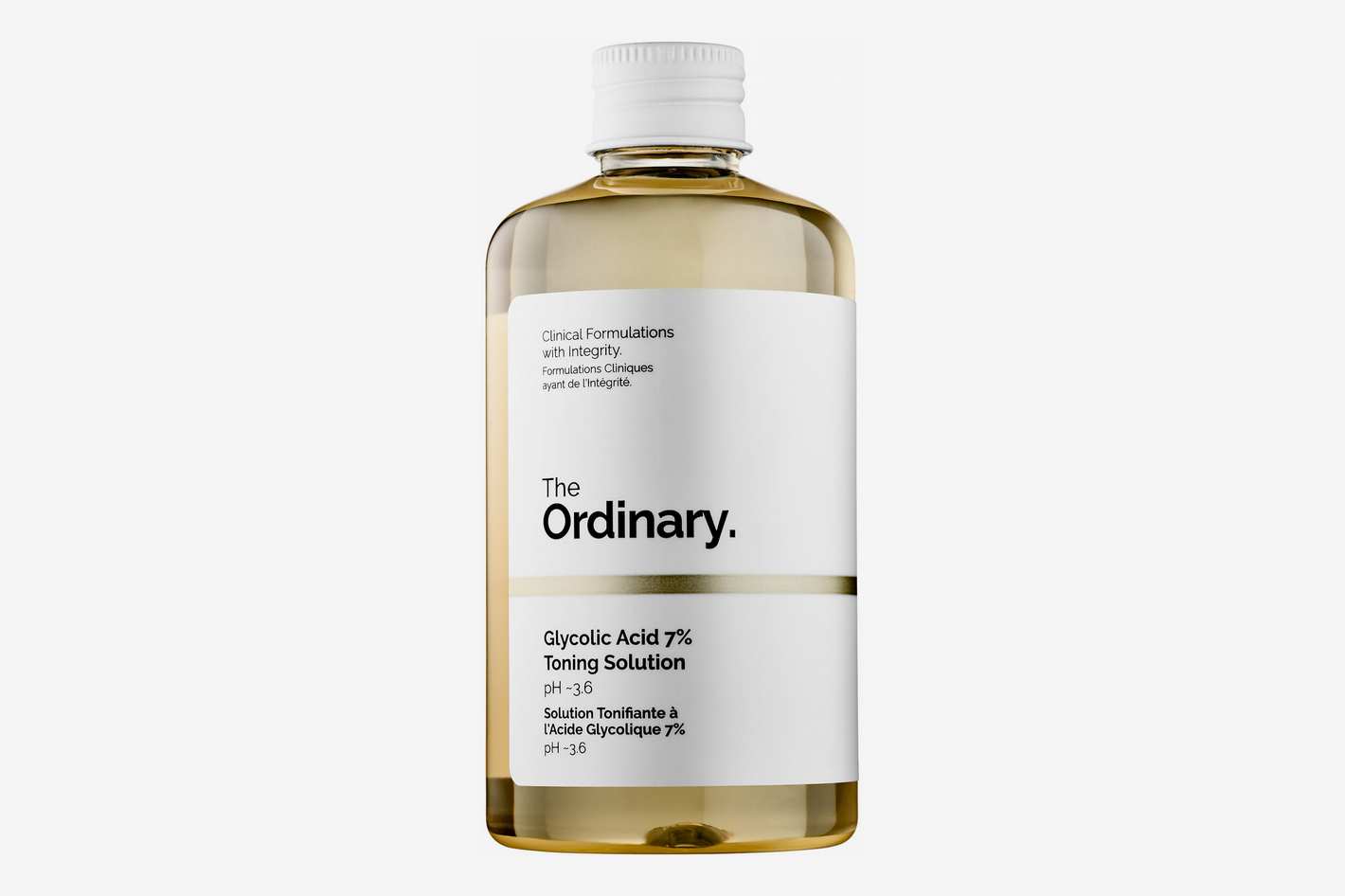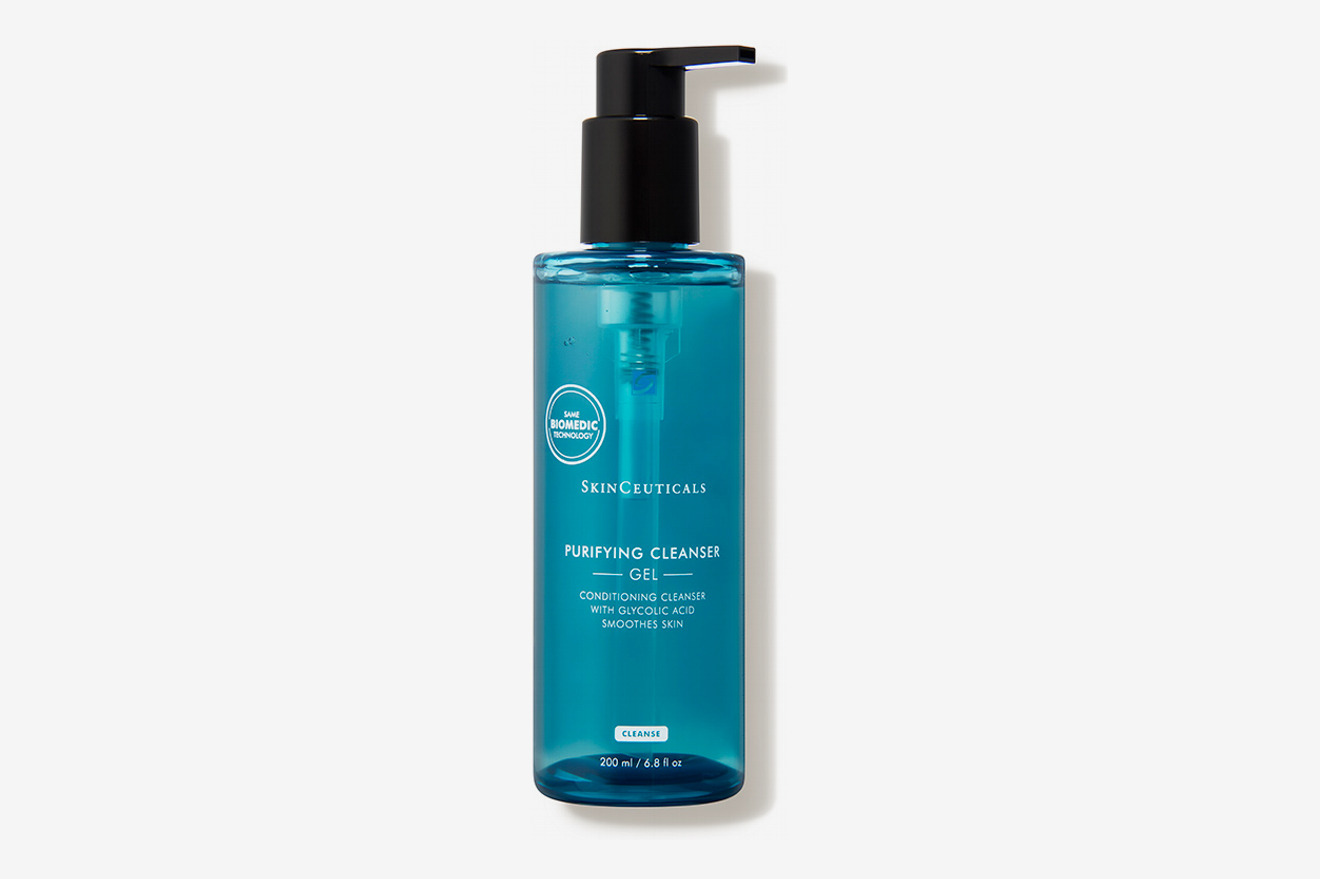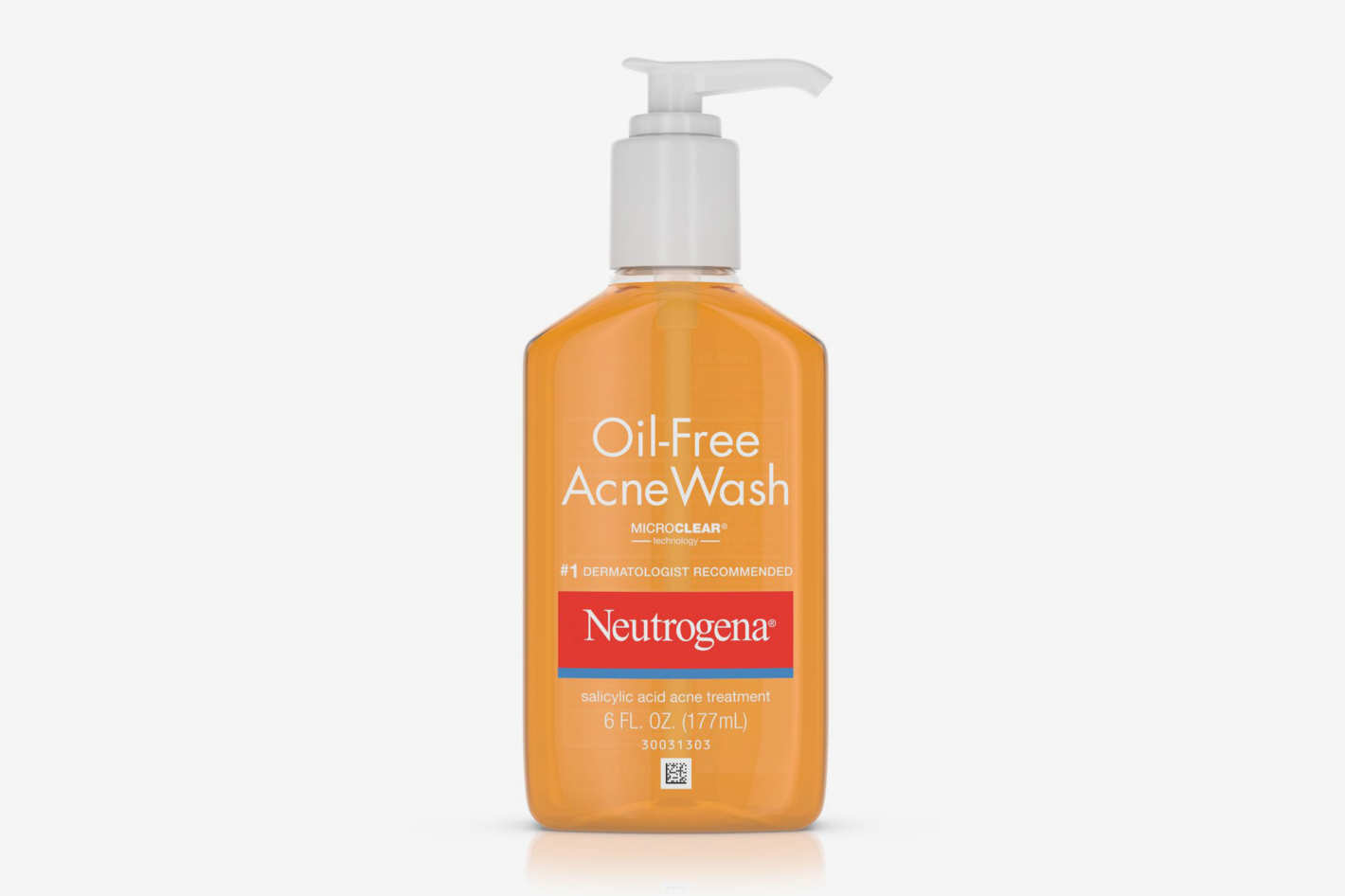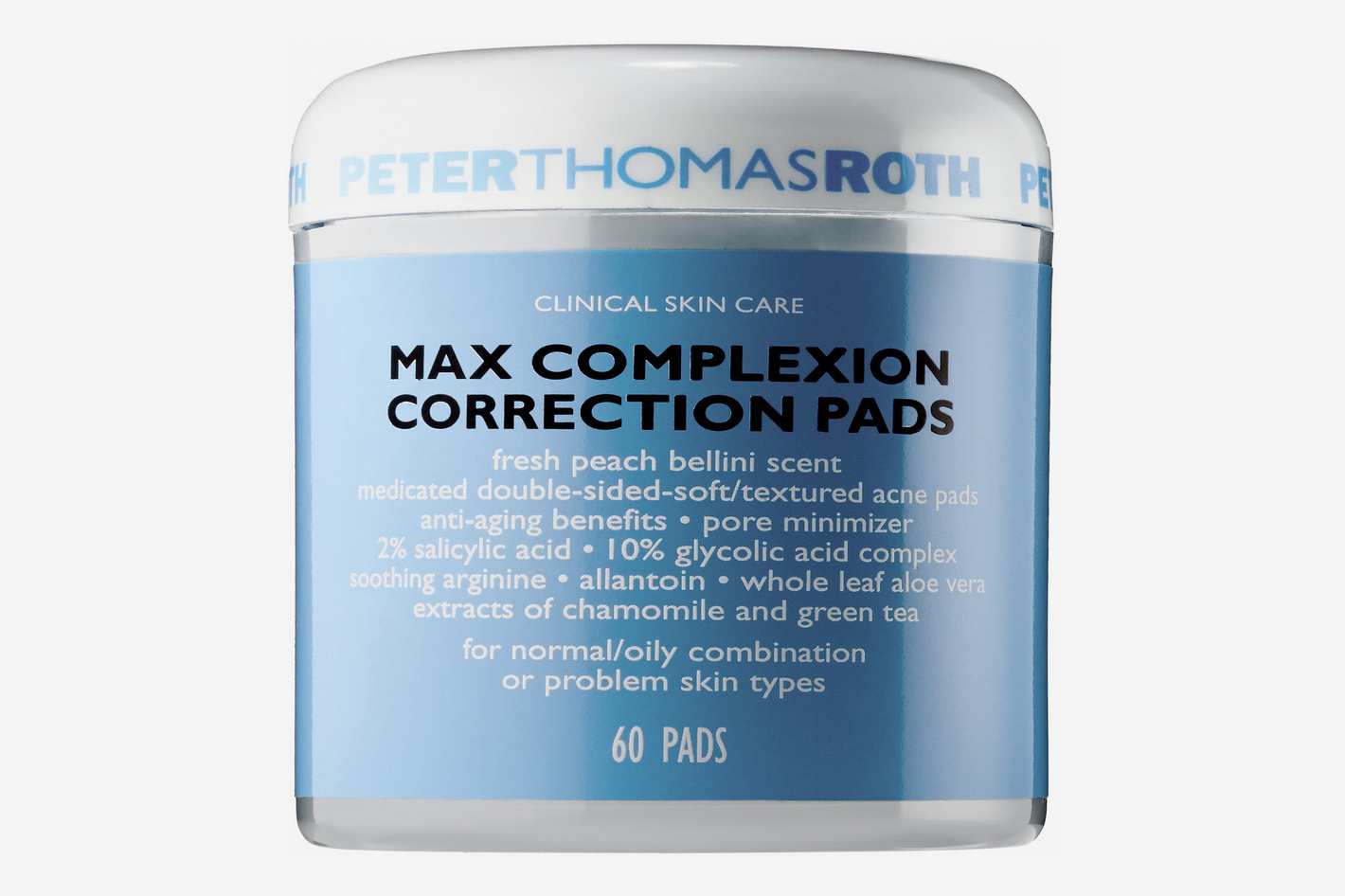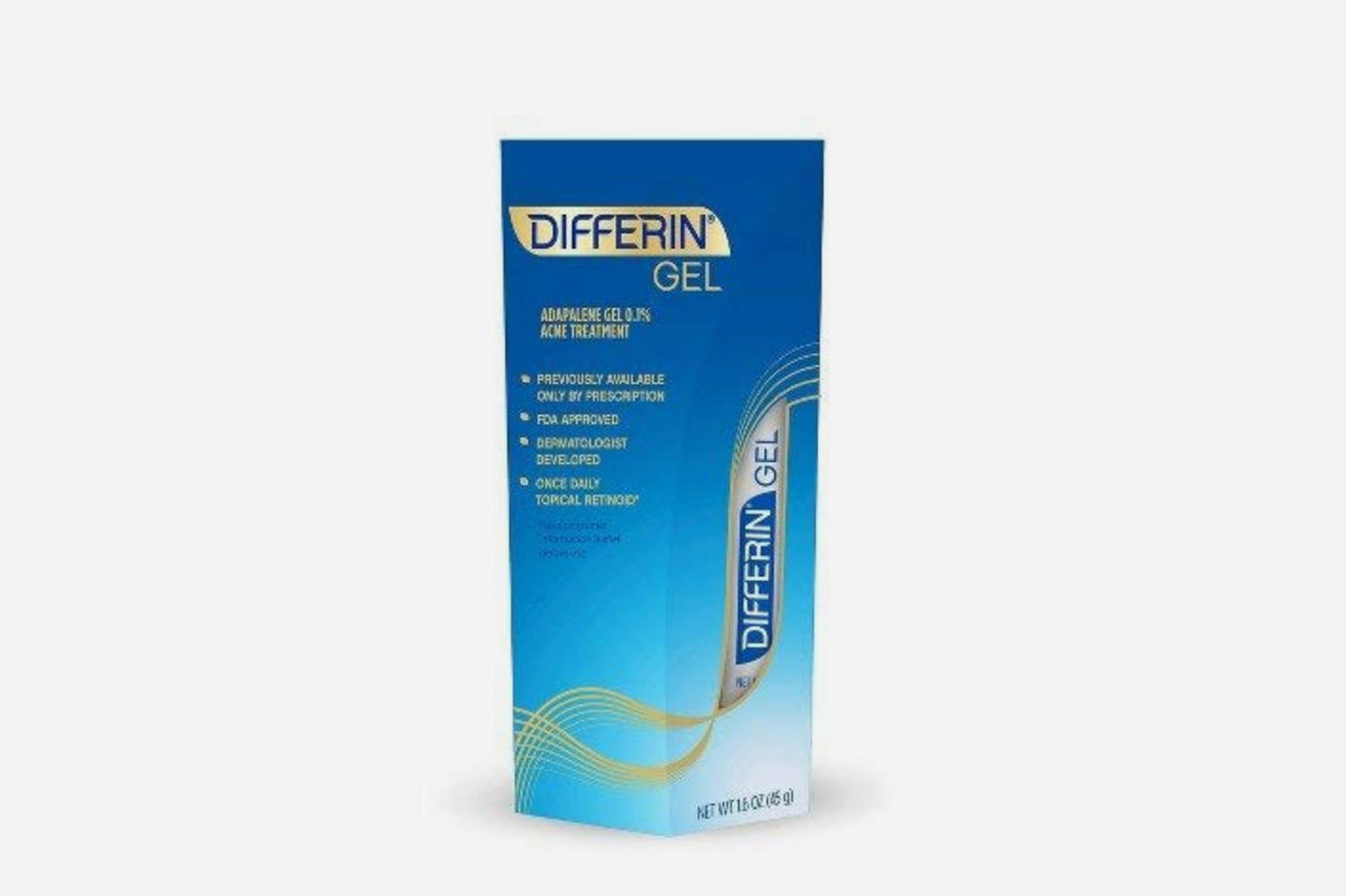
Even if battling zits is a distant memory filed away with high-school gym class and algebra tests, acne marks and scars can annoyingly linger long after the pimples are gone. “If someone gets a very large pimple or cyst, the natural healing process of the skin will create a scar,” says dermatologist David Avram of Heights Dermatology and Laser. “The more intense the inflammation, the more likely it will leave a scar.”
True acne scars — as in indentations in the skin like ice-pick scars — can be erased only by professional procedures like microneedling or lasers. Fortunately, what most of us refer to as “scars,” according to Julia Tzu, founder and medical director of Wall Street Dermatology, are actually marks caused by post-inflammatory hyperpigmentation (brown spots) or post-inflammatory erythema (red spots) that will fade over several months or years. Also fortunately, there are products that can speed up the process.
We spoke with Tzu, Avram, and seven more dermatologists to get their recommendations for treating, preventing, and camouflaging acne marks.
Best overall product for acne scars Since UV rays and visible light from the sun can further darken acne marks, all the dermatologists agree that it’s essential to wear sunscreen daily. “Sun protection can make a big difference in whether or not these marks remain permanent,” says Arielle Nagler, a dermatologist at NYU Langone Medical Center. She’ll often recommend that patients wait and see what their scars look like after a year of careful sun protection before opting for an expensive or invasive procedure. A top pick among dermatologists for facial sunscreens, this EltaMD sun blocker is also recommended for fading acne marks. Dermatologist Natalie Moulton-Levy likes that it “contains lactic acid, an ingredient which causes a reduction in post-inflammatory hyperpigmentation,” while Debra Jaliman, an assistant professor of dermatology at Mount Sinai’s Icahn School of Medicine, says it’s rich in niacinamide, another ingredient that works to fade dark spots. Dr. Dendy Engelman of Medical Dermatology & Cosmetic Surgery, is a fan of this product because, along with lactic acid, “it has zinc oxide to protect from [UVA/UVB] rays and antioxidants to repair damage.”
Best hydroquinone products for acne scars According to several of the derms we spoke with, skin-lightening agent hydroquinone is one of the most effective ingredients for fading acne scars. Naissan Wesley, a dermatologist at Skin Care and Laser Physicians of Beverly Hills, explains that hydroquinone “can help acne marks fade faster by inhibiting the melanocytes [pigment-producing cells in the skin] from making more pigment.” Ambi Fade Cream includes 2 percent hydroquinone, the highest concentration allowed without a prescription. “It also contains soy, which is well known for treating pigmentation issues, and vitamin E, which helps with scarring,” says Tzu. While the FDA considers hydroquinone safe, it is banned in Europe and can potentially cause irritation or further discoloration, so remember to patch-test and ask a dermatologist whether it’s right for you. Although it’s a lot more expensive than the Ambi cream, this serum, recommended by dermatologist Y. Claire Chang of Union Square Laser Dermatology, pairs hydroquinone with vitamin C and glycolic acid, two more proven mark-fighting ingredients. “Glycolic acid helps improve existing brown spots by increasing skin-cell turnover and chemically exfoliating the skin,” she says. “[And] vitamin C is a powerful antioxidant that can brighten the skin.” Writer Or Gotham is also a fan of the Murad serum and told us he saw “a visible reduction in dark spots” after only three days of using it.
Best hydroquinone-free products for acne scars If you’d rather not use hydroquinone, there are other options for treating acne scars. One of these is azelaic acid, which Dr. Michele Farber of Schweiger Dermatology says works by inhibiting the formation of an enzyme called tyrosinase, which in turn stops the mechanism that produces skin-darkening melanin. Moulton-Levy recommends this affordable and effective azelaic acid treatment from the Ordinary. Like the Murad serum, this treatment combines vitamin C with glycolic acid (and lactic acid, another exfoliant) to fade marks but without the hydroquinone. Nagler recommends vitamin C because it’s “an adjunct in preventing free-radical damage, which helps with pigmentation,” and he says the most effective formulas — like this one — are often more expensive because vitamin C is a difficult ingredient to stabilize. On the cheaper end, Moulton-Levy says this strong glycolic-acid toner is another good option for fading acne marks.
Best cleanser for acne scars In addition to sun protection and targeted treatments, the right cleanser can help minimize acne marks. A favorite of both Moulton-Levy and Chang, this cleanser encourages cell turnover without drying out the skin. Chang says it “contains glycolic acid to wash away dead skin cells on the top layer of the skin, leaving a very clean feel and improving acne blemishing.”
Best products for preventing acne scars When it comes to acne scars — the especially-difficult-to-treat indented or raised ones — the best offense is a good defense. If you’re still struggling with active acne and want to avoid future scarring, Avram likes this drugstore-staple Neutrogena cleanser because it contains salicylic acid, which “exfoliates the skin, softens the appearance of the acne itself, and has some antibacterial properties.” Chang agrees that the cleanser “can help unclog pores, treat comedones [whiteheads] and blackheads, and prevent active acne.” If you’re looking to treat both your current pimples and existing scars, these exfoliating pads, recommended by Chang, contain ingredients that help with both. “Salicylic acid increases skin-cell turnover and de-clogs pores to reduce blackheads,” she says. “Glycolic acid chemically exfoliates the skin to even skin tone and decrease blemishing.” Often seen in acne treatments, salicylic acid is a beta-hydroxy acid that prevents and treats acne, which ultimately means fewer marks and scars. A prescription-strength retinoid that became available over the counter a few years back, Differin affects cell turnover faster than OTC retinol to prevent the formation of new acne but is still, according to Engelman, “gentler compared to other retinoids.” Avram recommends it for those dealing with a lot of small pimples and only the occasional monster cyst. Because Nagler says retinoids “encourage collagen remodeling,” a well-tolerated formula like Differin can reduce the appearance of deeper scars. Moulton-Levy likes it as well for lightening existing marks.
The Strategist is designed to surface the most useful, expert recommendations for things to buy across the vast e-commerce landscape. Some of our latest conquests include the best women’s jeans, rolling luggage, pillows for side sleepers, ultra-flattering pants, and bath towels. We update links when possible, but note that deals can expire and all prices are subject to change.
Every editorial product is independently selected. If you buy something through our links, New York may earn an affiliate commission.

